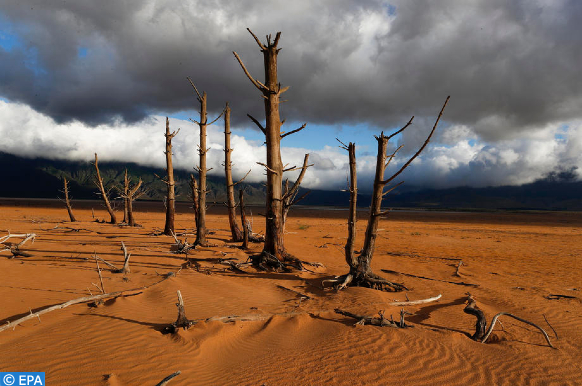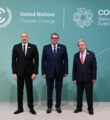Millions Affected by Climate Change and Extreme Weather in Latin America and Caribbean: WMO
Geneva – Climate-related and geophysical events resulted in the loss of 312,000 lives and directly affected more than 277 million people in Latin America and the Caribbean, a new report released by the World Meteorological Organization (WMO) revealed on Tuesday.
Extreme weather and climate change are threatening the entire region, “from the heights of Andean peaks to low-lying islands and mighty river basins”, the study, “State of the Climate in Latin America and the Caribbean 2020”, states.
Increasing temperatures, changing rainfall patterns, storms and retreating glaciers have all had a profound impact on human health and safety, food, water, energy security and the environment.
“Latin America and the Caribbean (LAC) is among the regions most challenged by extreme hydro-meteorological events,” WMO Secretary-General Professor Petteri Taalas said in a statement to mark the release of the document.
Taalas noted the impacts include “water and energy-related shortages, agricultural losses, displacement and compromised health and safety, all compounding challenges from the COVID-19 pandemic.”
Concerns about fires and the loss of forests are also raised in the document. Almost half of the area of the LAC region is covered by forests, representing about 57 per cent of the world’s remaining primary forests and storing an estimated 104 gigatons of carbon.
“Fires and deforestation are now threatening one of the world’s largest carbon sinks, with far-reaching and long-lasting repercussions,” the WMO Secretary-General added.













